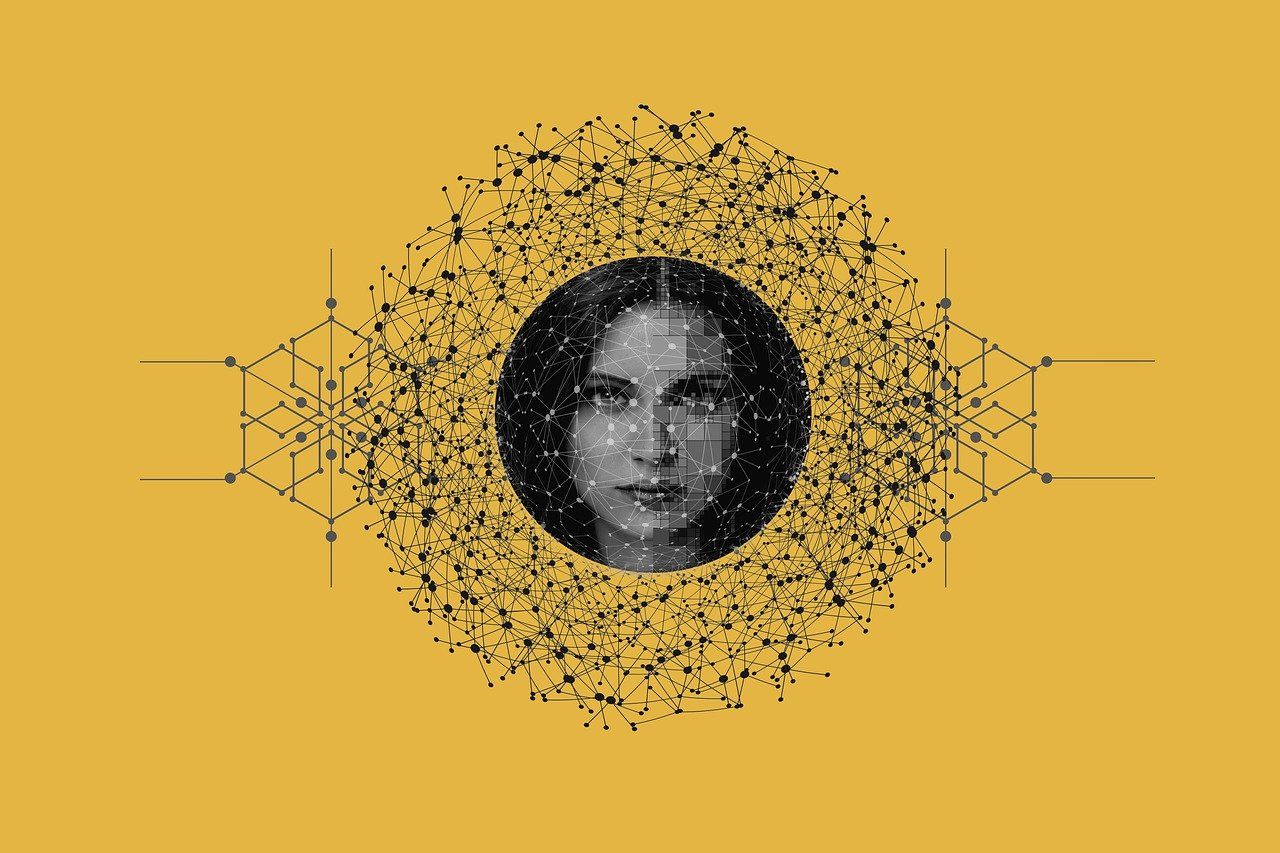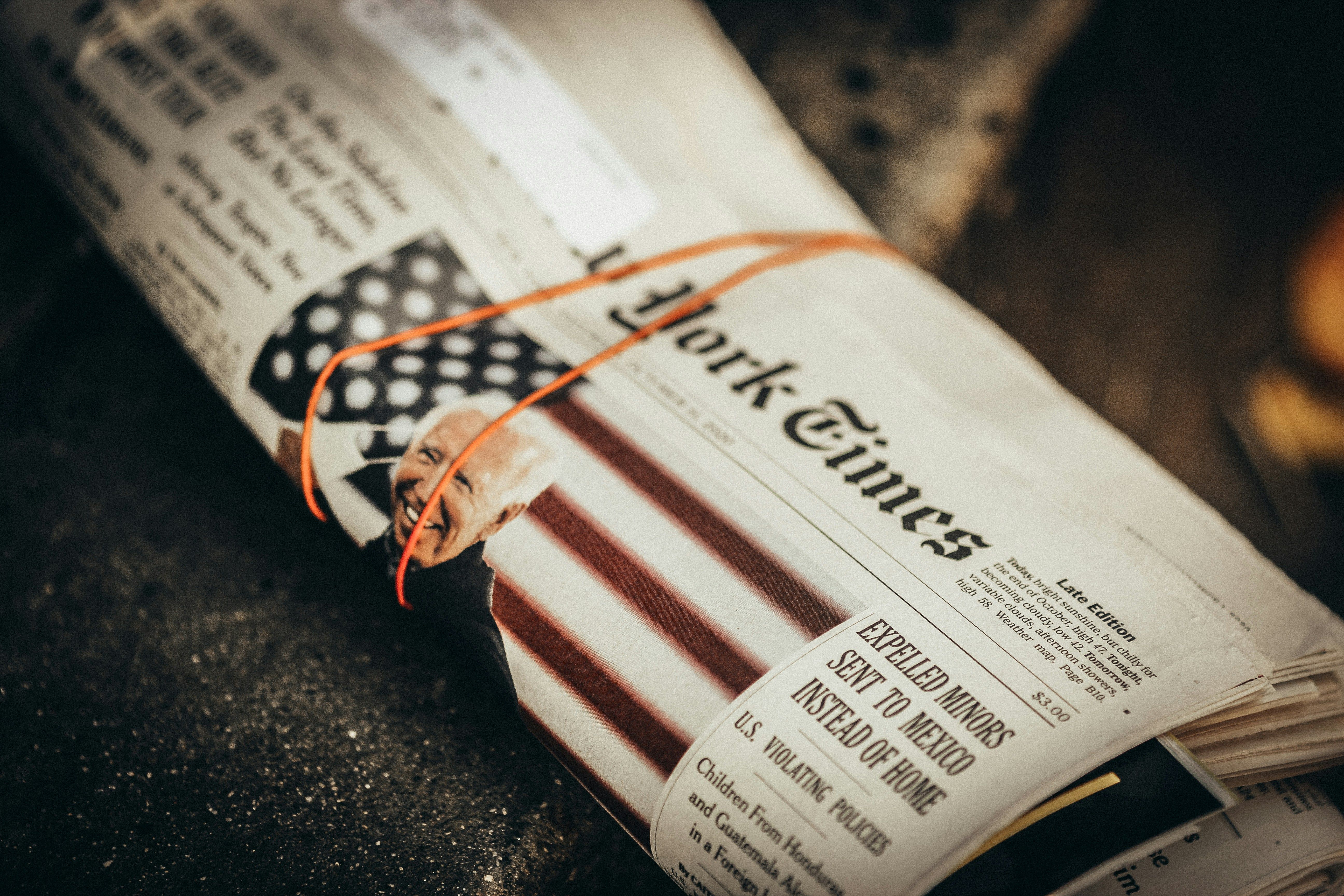Rite Aid Banned from Using Facial Recognition: Protecting Privacy & enduring Accountability.
Introduction
With new technological advancements becoming increasingly pervasive, concerns regarding privacy and data protection have also escalated. In an effort to address these apprehensions of several organizations and authorities have taken to regulate the use of certain technologies. One such development involves Rite Aid, a well-known retail pharmacy chain in the United States of America. In this article, we will explore the ban imposed on Rite Aid in utilizing facial recognition technology, examining the reasons behind this decision and its implications for privacy, accountability, and the larger societal context.
The Rise of Facial Recognition Technology
Understanding Facial Recognition
Facial recognition technology is a powerful tool that utilizes artificial intelligence (AI) algorithms to analyze and identify individuals based on their facial features. It has gained popularity across multiple sectors, including law enforcement, marketing, and customer service.

Benefits and Concerns
While facial recognition technology offers various advantages such as improved security, streamlined authentication, and efficient surveillance, there are legitimate concerns and challenges associated with its use. Privacy infringement, potential misidentification, bias, and the lack of transparency have raised alarms among privacy advocates, civil liberties organizations, and the public.
Rite Aid's Adoption of Facial Recognition
Rite Aid, Facial Recognition, and Repercussions
Rite Aid had implemented facial recognition systems in some of its stores as part of its security measures. However, this deployment came under scrutiny due to multiple instances of alleged racial bias and violation of privacy rights. The technology used by Rite Aid had raised concerns about potential misidentification and surveillance.
Complaints and Surveillance
Multiple complaints were filed against Rite Aid regarding facial recognition technology. These complaints ranged from allegations of false accusations based on flawed identifications to overarching concerns about the indiscriminate collection and storage of personal information. Consequently, legal action was initiated against Rite Aid, demanding accountability, and advocating for privacy rights.
The Ban on Rite Aid's Use of Facial Recognition
Legal Consequences and Regulatory Intervention
As a result of mounting complaints and growing public scrutiny, Rite Aid faced legal consequences regarding its implementation of facial recognition technology. The ban was a joint effort between Rite Aid and a settlement reached with a coalition of civil rights organizations advocating for privacy and accountability.
The Importance of Privacy and Transparency
The ban on Rite Aid's use of facial recognition technology underscores the significance of privacy and the necessity for organizations to be transparent in their use of emerging technologies. This decision serves as a precedent in establishing regulatory measures to protect individuals' rights, ensure accountability, and prevent potential abuse of such technologies. Despite the impressive tech capabilities, the deployment of such surveillance tools grew contentious. Critics pointed out that these systems were disproportionately active in lower-income, non-white neighborhoods - an aspect that raised serious concerns of racial profiling and discrimination.

The Decision
In response to mounting pressure, Rite Aid decided to end its use of facial recognition technologies in its stores, saying it wasn't aligned with their vision for customer-centric experiences. As we peel back the layers of this decision, its impact starts to unfurl on different fronts, be it the retails sector, privacy norms, or consumer rights protection.
Reshaping Retail Behavior
This move has implications far beyond Rite Aid's operations. It might become a precedent for other retailers, who must now rethink about strategic deployment of surveillance tech in their stores.

- Will other businesses follow suit?
- Should this technology be totally abdicated, or can it be refined to eliminate its implicit biases?
These are some questions that now confront the retail industry.
Strengthening Privacy Norms
Rite Aid's decision strikes a crucial blow for privacy advocates, strengthening the stance against intrusive surveillance. It demands the formulation of comprehensive regulations to guard citizen privacy against the unchecked deployment of facial recognition tools.
Maintaining Consumer Rights
This move also serves as a reminder to consumers worldwide about their rights to privacy and fair treatment. It's a wake-up call for consumers to be cautious, aware, and assertive about their privacy rights.
- "The face-off between technology and privacy is one of the seminal battles of this era, and Rite Aid’s decision is a significant moment in this ongoing tussle."
Conclusion: A Step Forward, Many More to Follow
Rite Aid's nullification of facial recognition is a singular yet substantial ripple in the vast ocean of data privacy and surveillance. As we step forward in this digital era, such decisions underline the necessity to balance technological advancement with ethical imperatives.
So, the next time you walk into a retail store, remember that this balance isn't just about high-level policy debates - it applies to real-world situations, just like your shopping experience. It's a little food for thought, isn't it?






